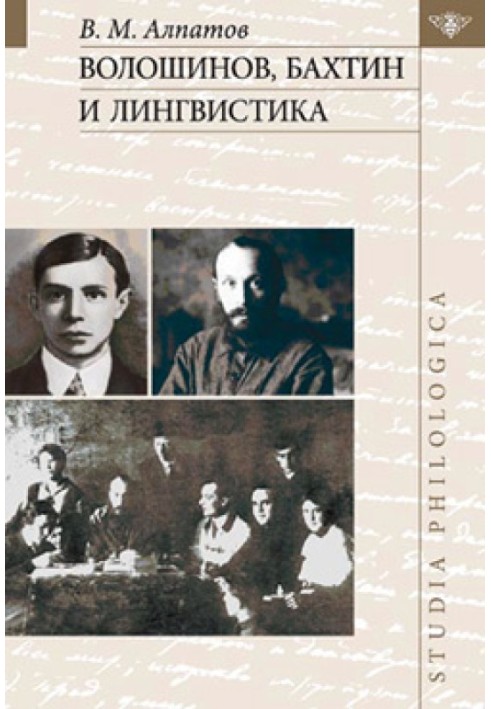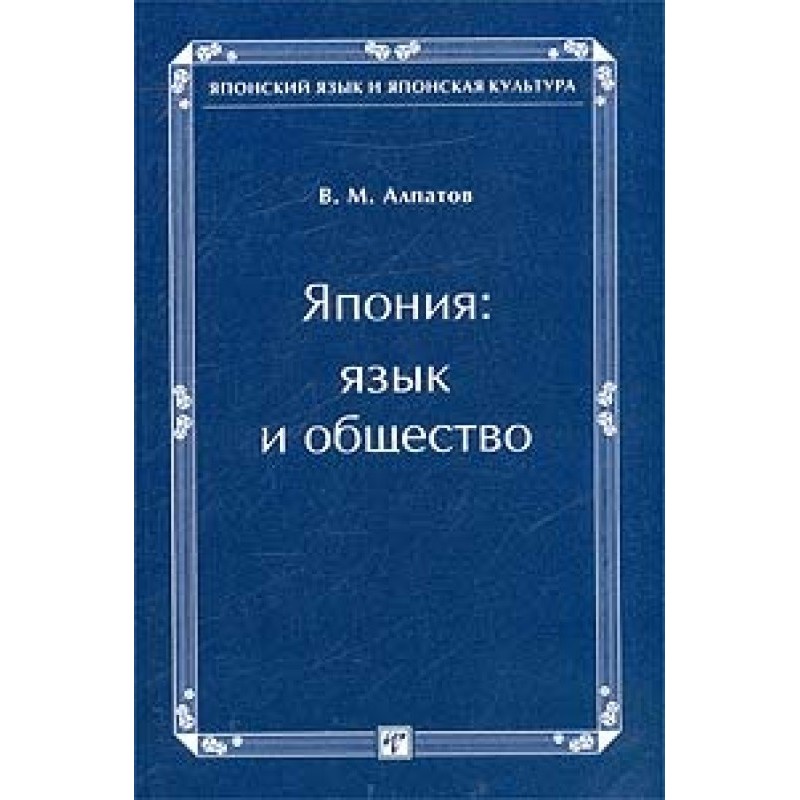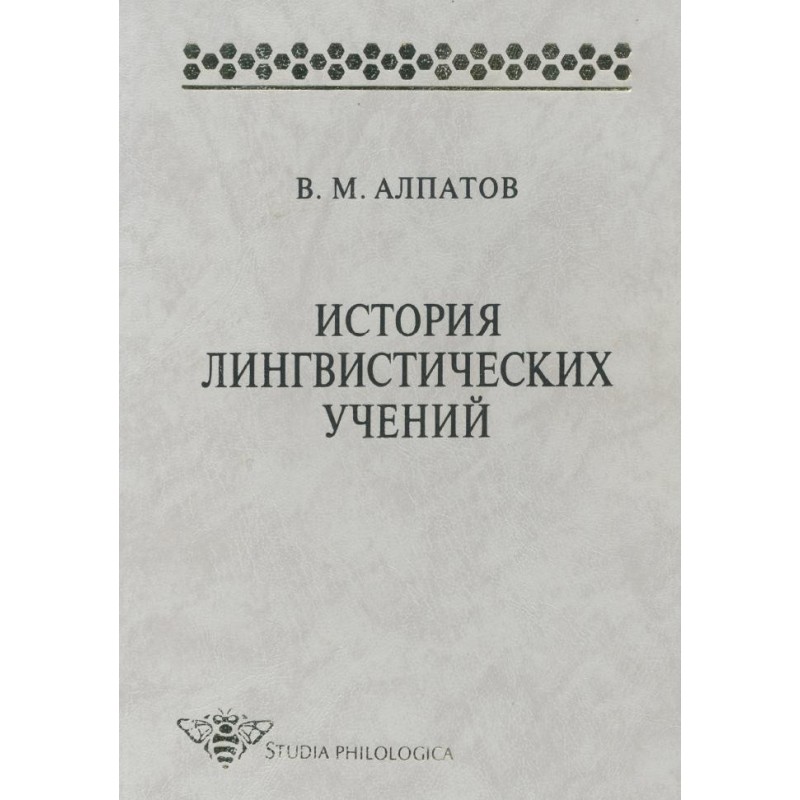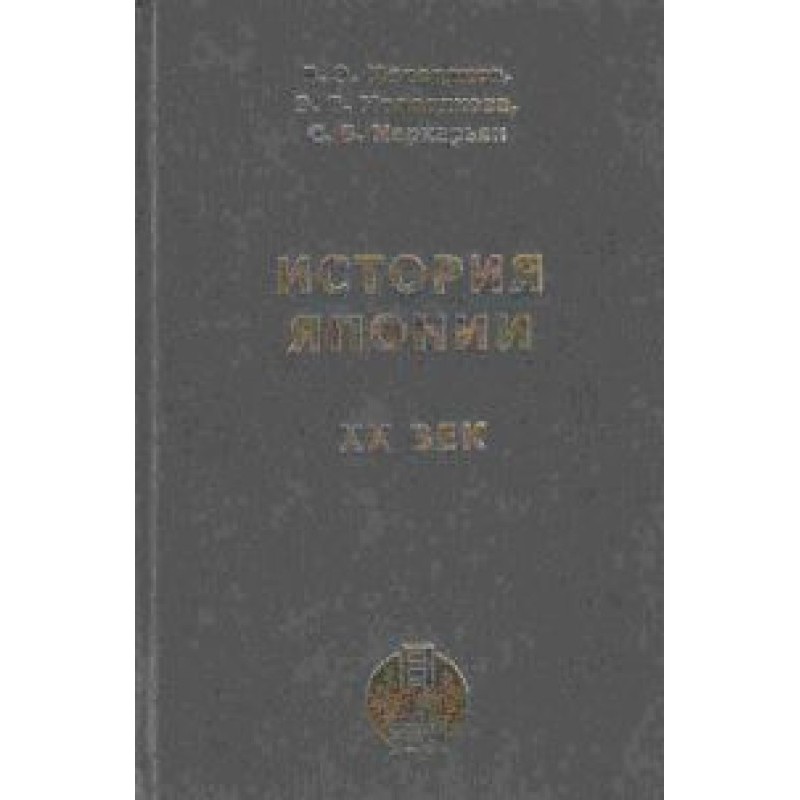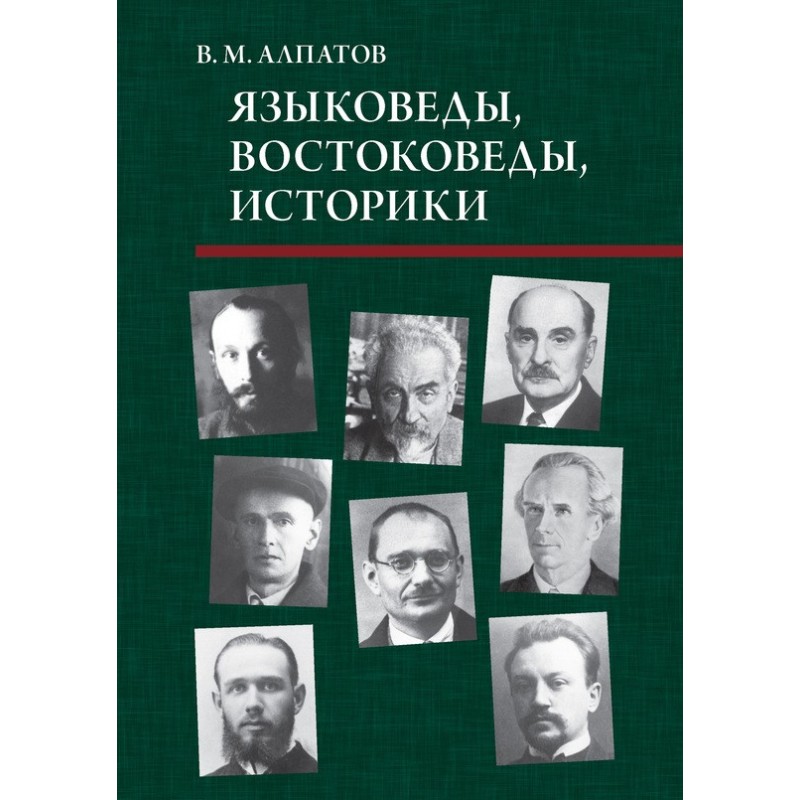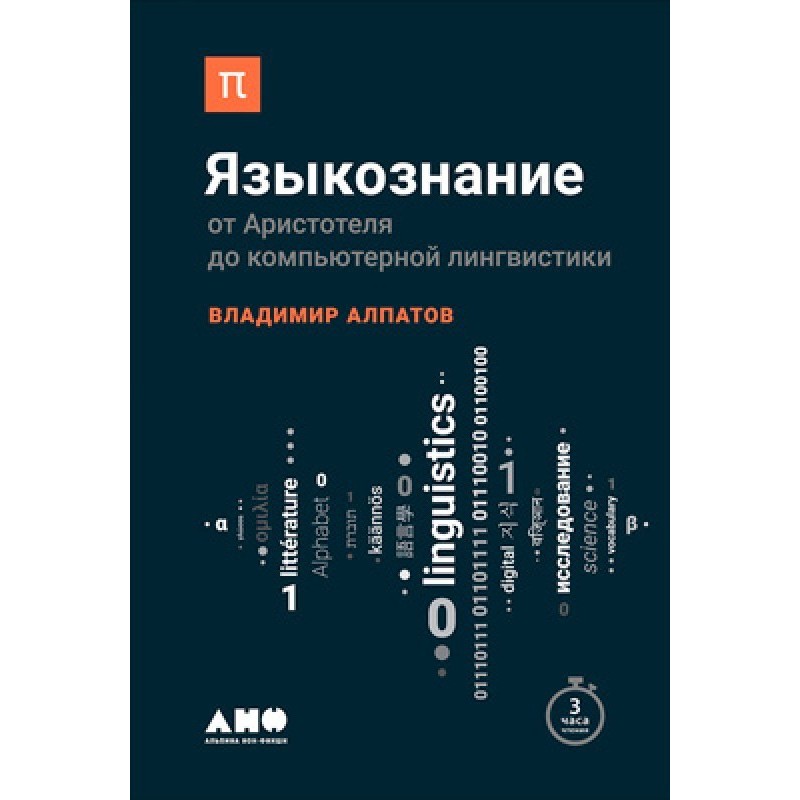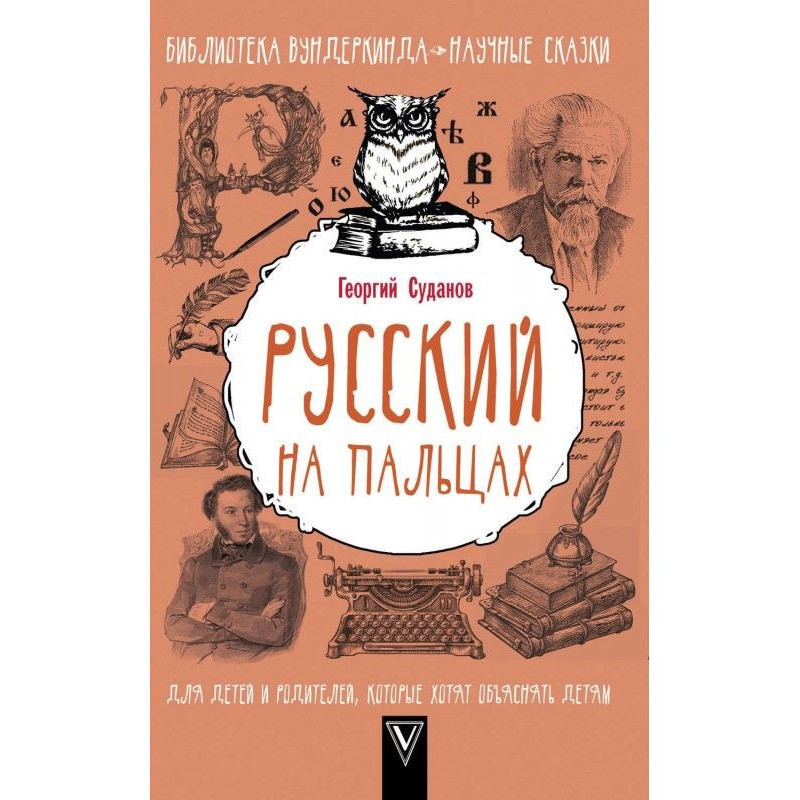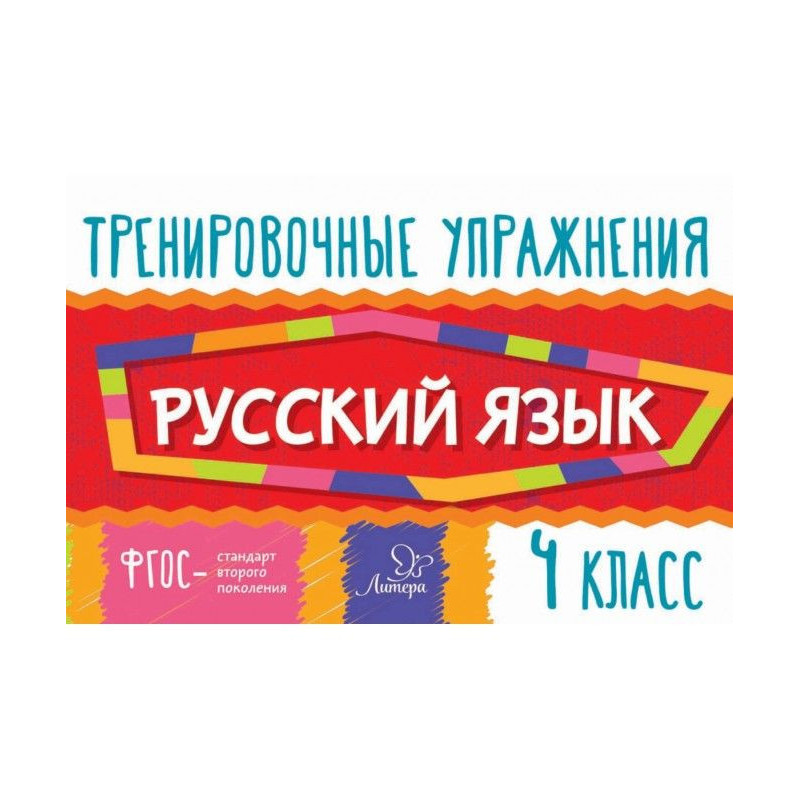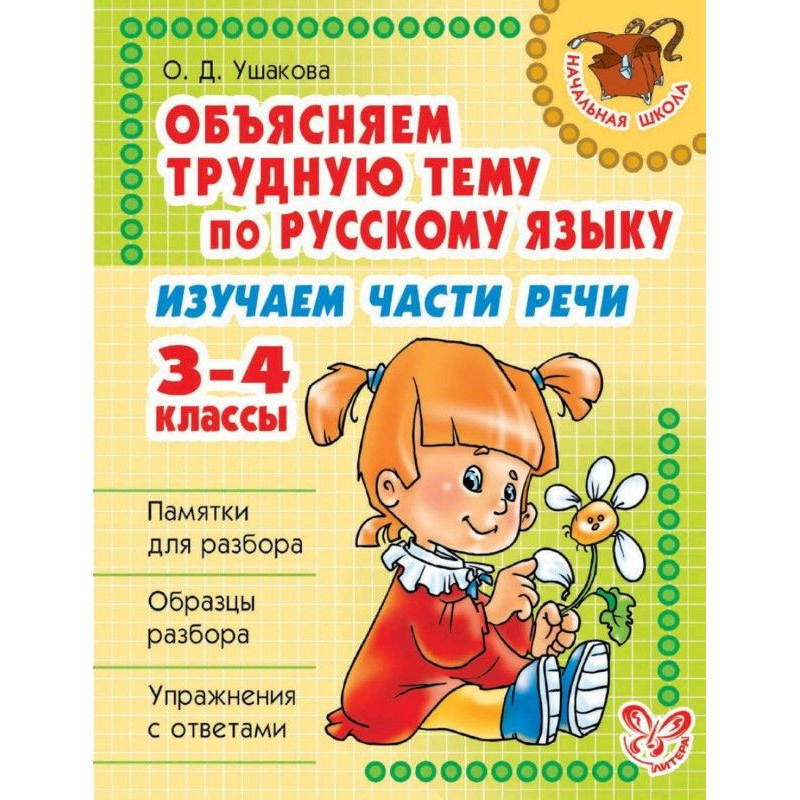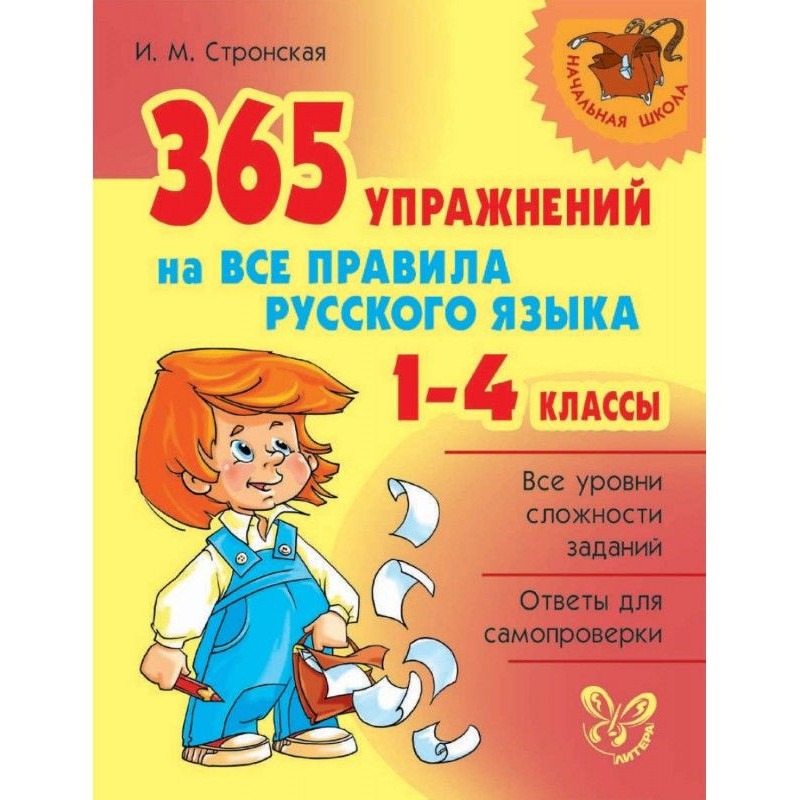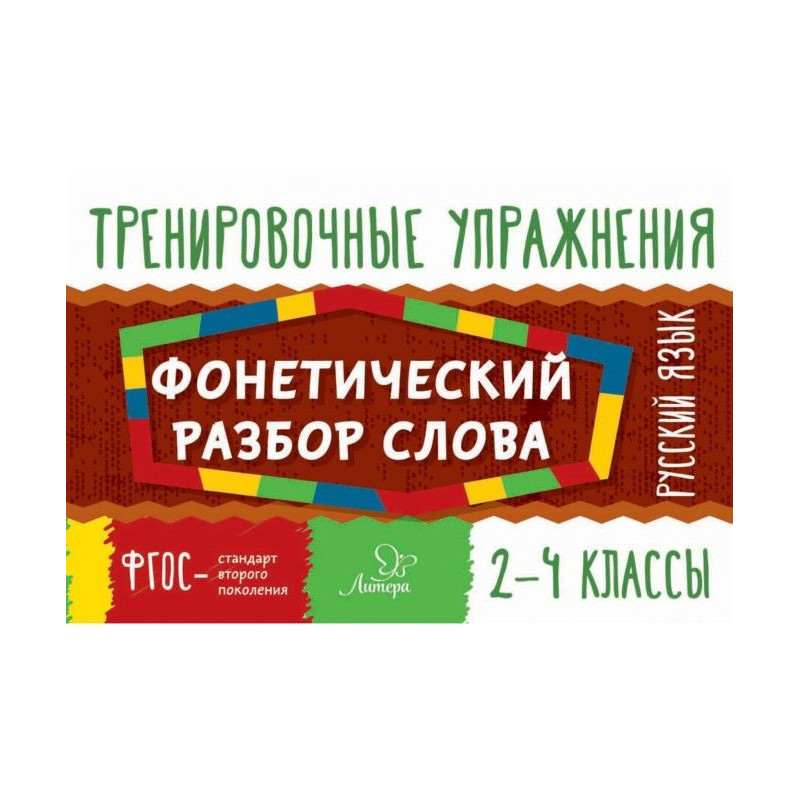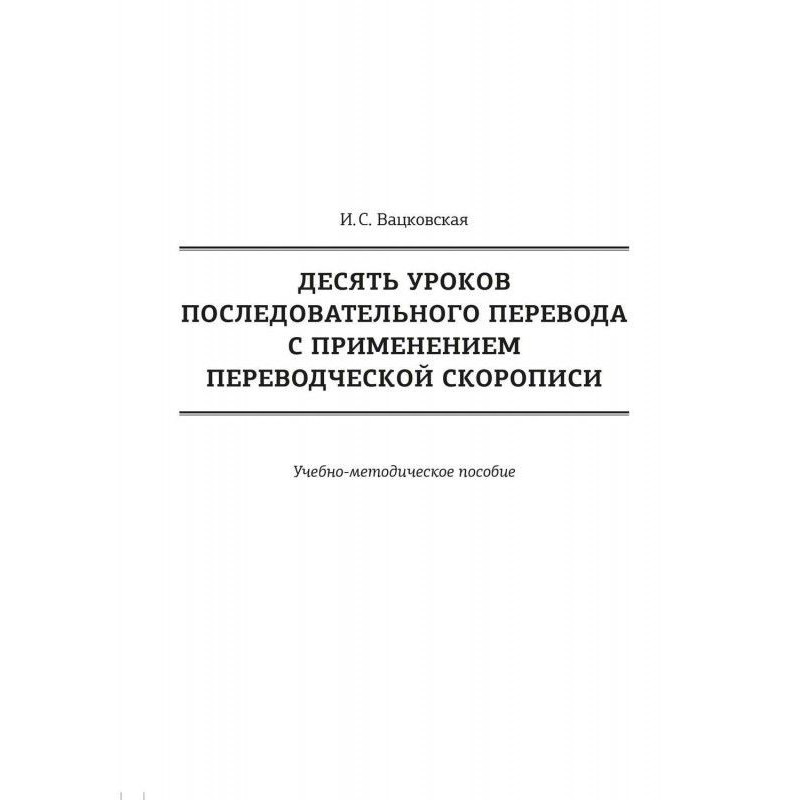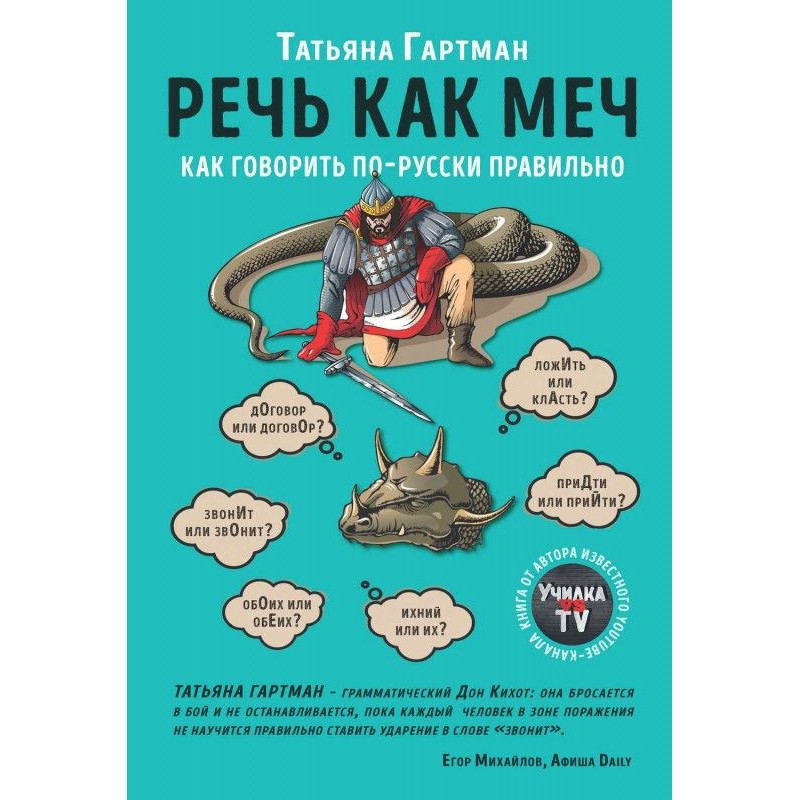Voloshinov, Bakhtin and linguistics
 Instant download
Instant download
after payment (24/7)
 Wide range of formats
Wide range of formats
(for all gadgets)
 Full book
Full book
(including for Apple and Android)
The book is devoted to the study of linguistic ideas contained in the works of outstanding Russian scientists of the twentieth century. Mikhail Mikhailovich Bakhtin and Valentin Nikolaevich Voloshinov, primarily the world-famous book “Marxism and the Philosophy of Language” (1929). The place of the book and its accompanying articles in the world science of language of that time, its relationship to the leading schools and directions of world and domestic linguistics in those years is examined. The polemics of the authors of the book with the concepts of F. de Saussure and K. Vossler and their own theoretical concept of language and utterance. The question of the role of Marxism in linguistics is especially considered. The history of the writing of the book and accompanying articles and their assessments by contemporaries have been studied. The later works of M. M. Bakhtin of the 30-60s are also studied, their similarities and differences with the book “Marxism and Philosophy of Language” are studied, and the concepts proposed by Bakhtin for the stratification of language, speech genres, and dialogue are considered. The last chapter defines the significance of the ideas of V.N. Voloshinov and M.M. Bakhtin for modern science, and examines the ideas of some scientists who, to one degree or another, continue the tradition they laid down.
Data sheet
- Name of the Author
- Владимир Алпатов Михайлович
- Language
- Russian
Reviews
Глибоке дослідження лінгвістичних ідей
Книга "Волошинов, Бахтін та лінгвістика" є вражаючим внеском у вивчення мовознавства, що пропонує читачеві унікальну можливість зануритися в ідеї двох видатних вчених ХХ століття. Автор детально аналізує концепції, викладені в праці "Марксизм і філософія мови", і показує, як вони вплинули на розвиток лінгвістики не лише в Україні, а й у світі. Я особливо вражений тим, як книга розкриває зв'язок між марксизмом і мовознавством, підкреслюючи важливість соціально-економічного контексту в розумінні мови. Також цікаво спостерігати, як ідеї Бахтіна про стратифікацію мови та діалог продовжують жити в сучасній науці. Книга стане корисним джерелом для студентів, дослідників та всіх, хто цікавиться мовою як соціальним явищем. Вона не лише знайомить з історією лінгвістичних ідей, але й спонукає до глибшого розуміння їх значення в сучасному контексті. Рекомендую всім, хто прагне розширити свої знання в цій галузі!

